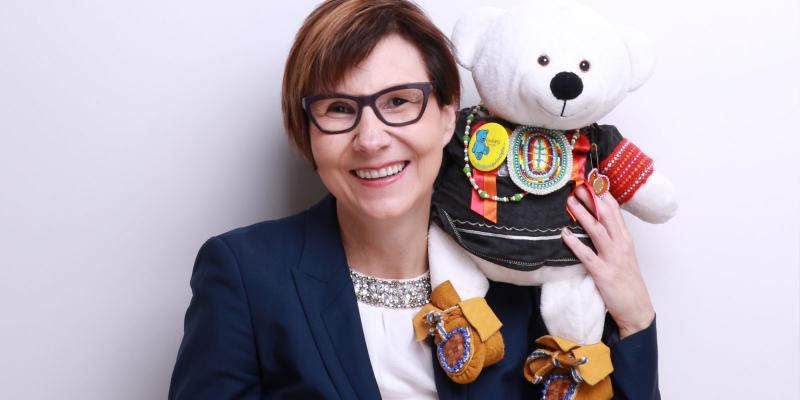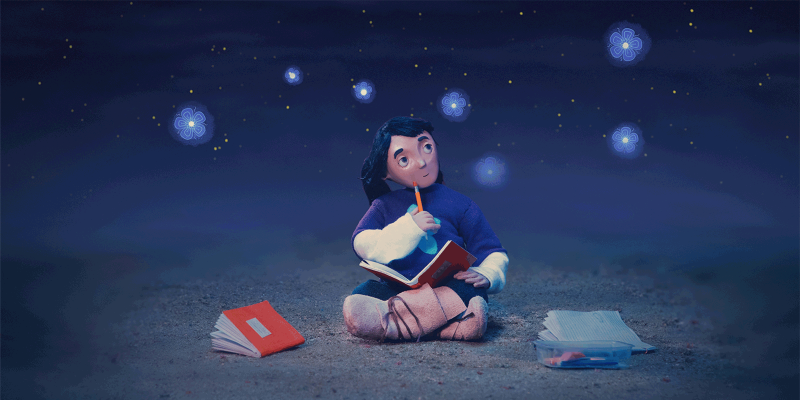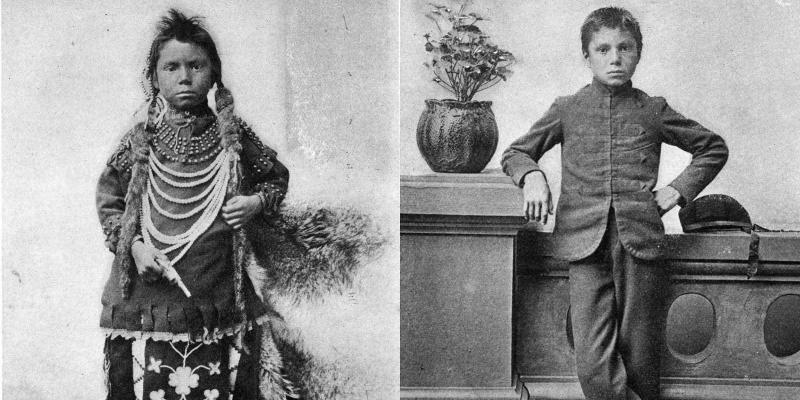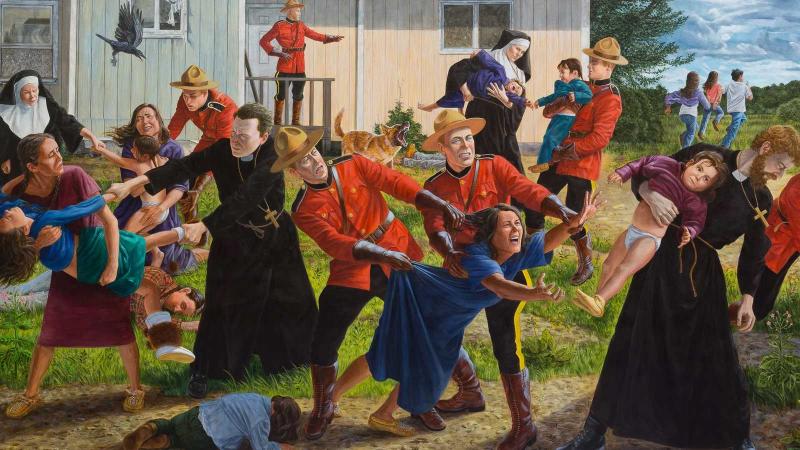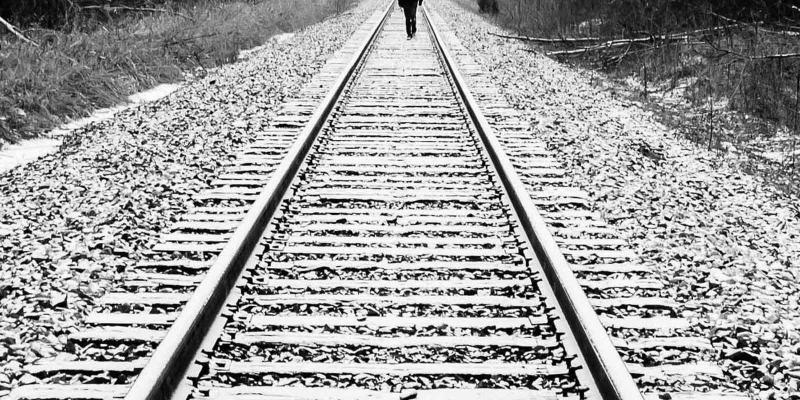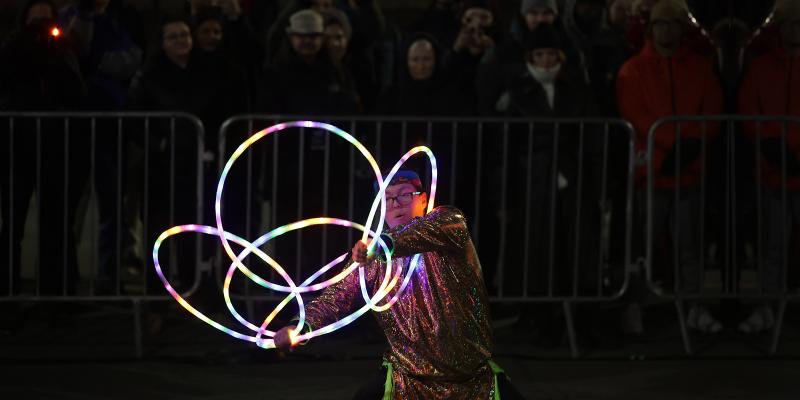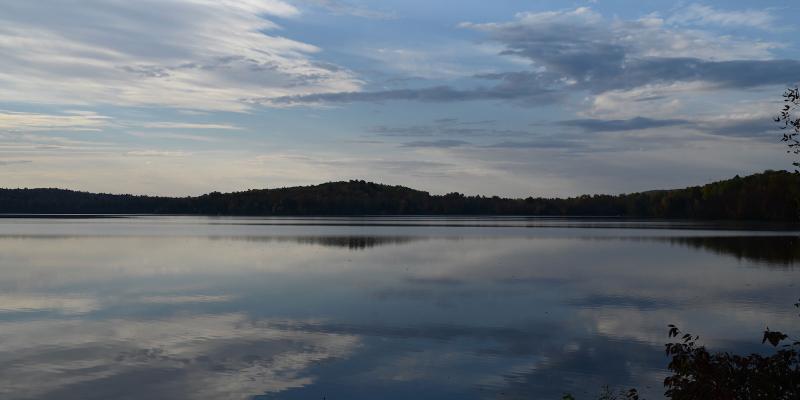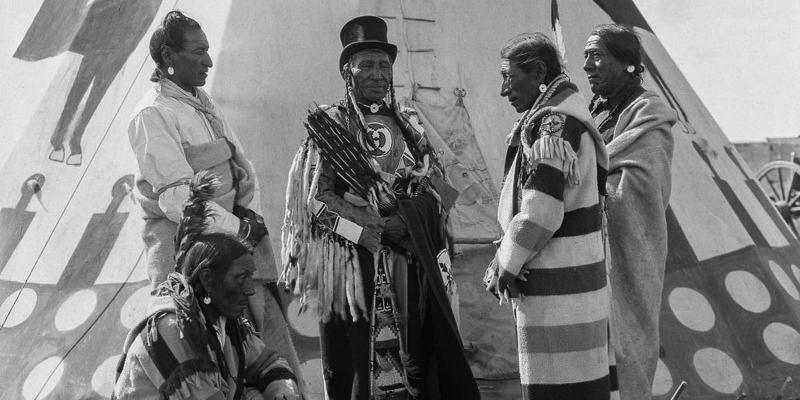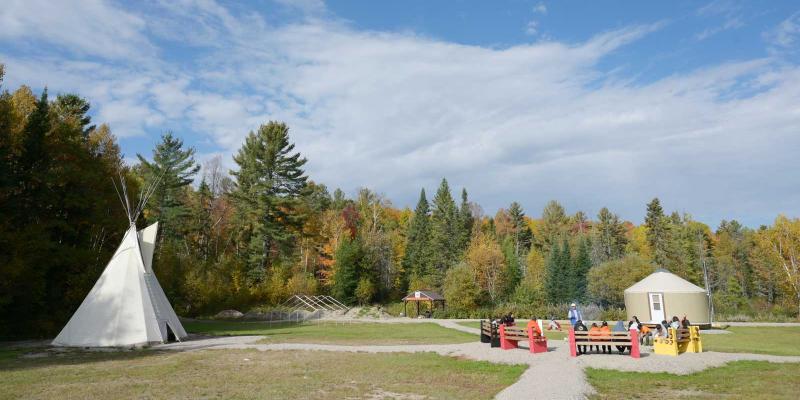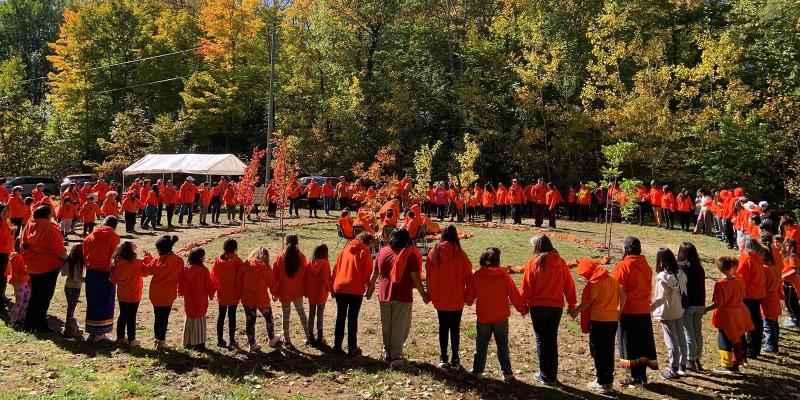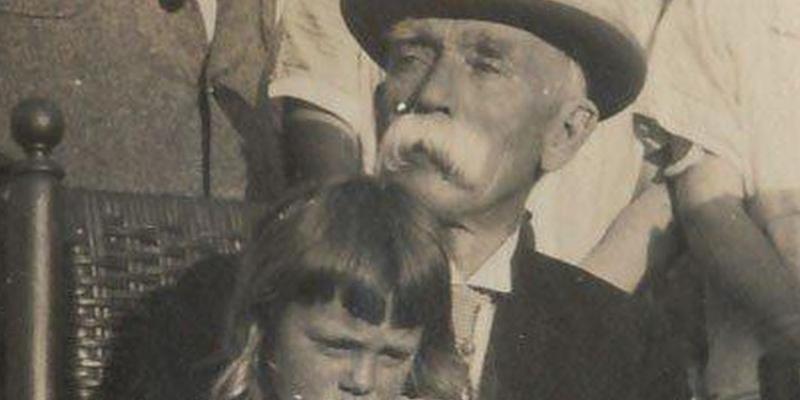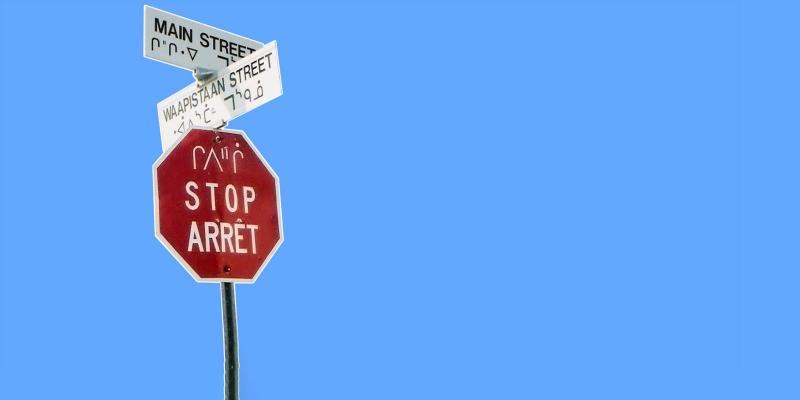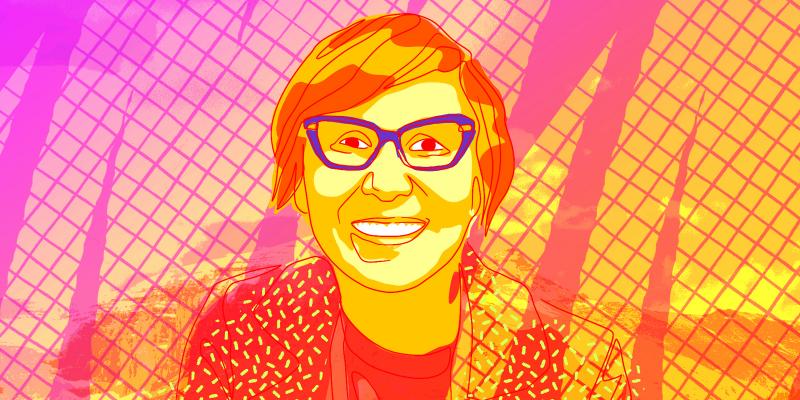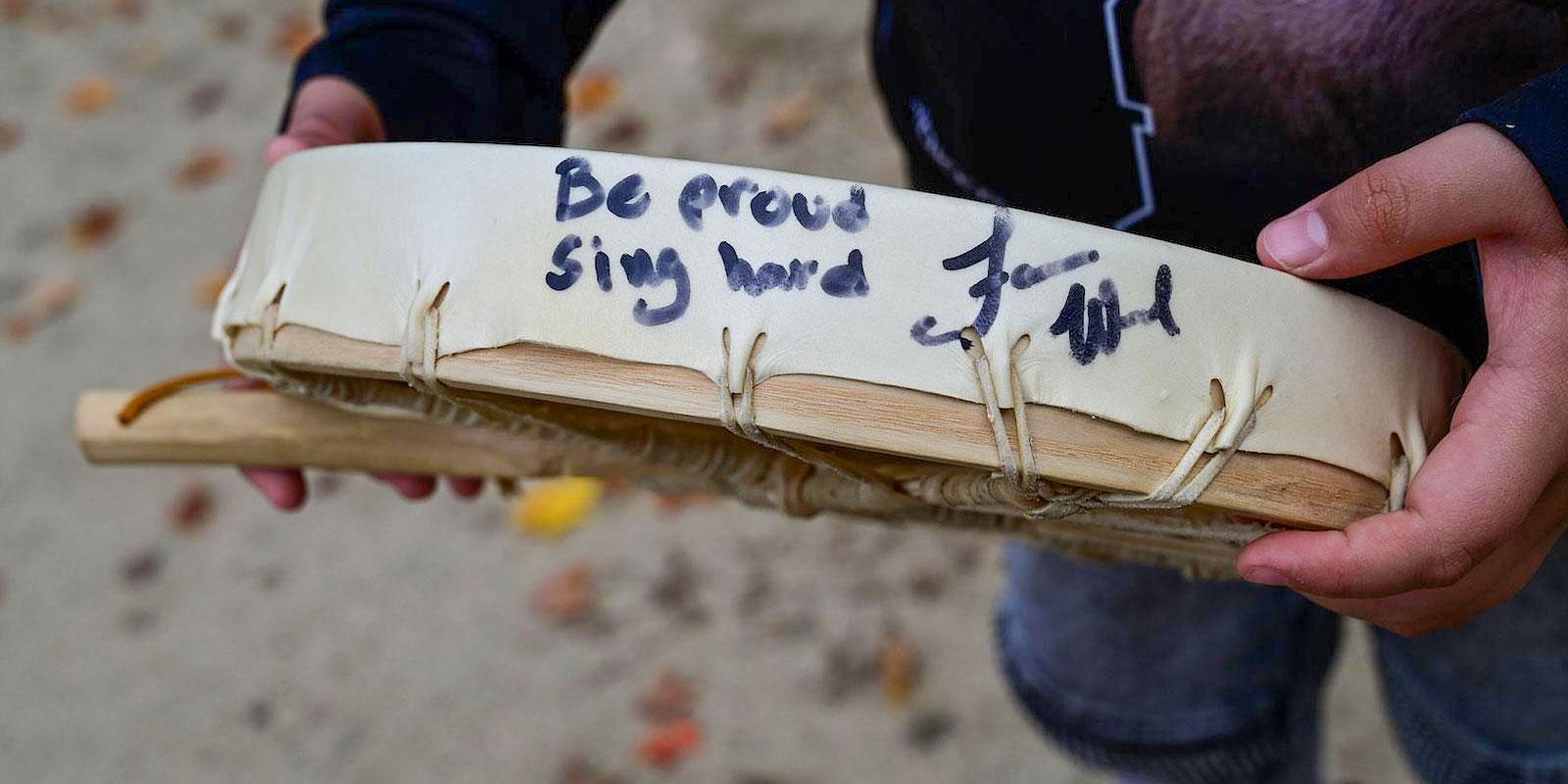
“Powwows are like medicine for our people,” explains Theland Kicknosway. He has danced at powwows since he learned to walk.
At powwows, friends and family gather, celebrating with traditional music and dance, food, handicrafts and healing ceremonies. For a long time, the Canadian government banned powwows in an attempt to eradicate the culture of Indigenous peoples.
When the fight for the rights of Indigenous peoples gained support in the 1960s, powwows became a way of demanding justice and strengthening the culture. Non-Indigenous people are almost always welcome to visit a powwow, as long as they show respect.
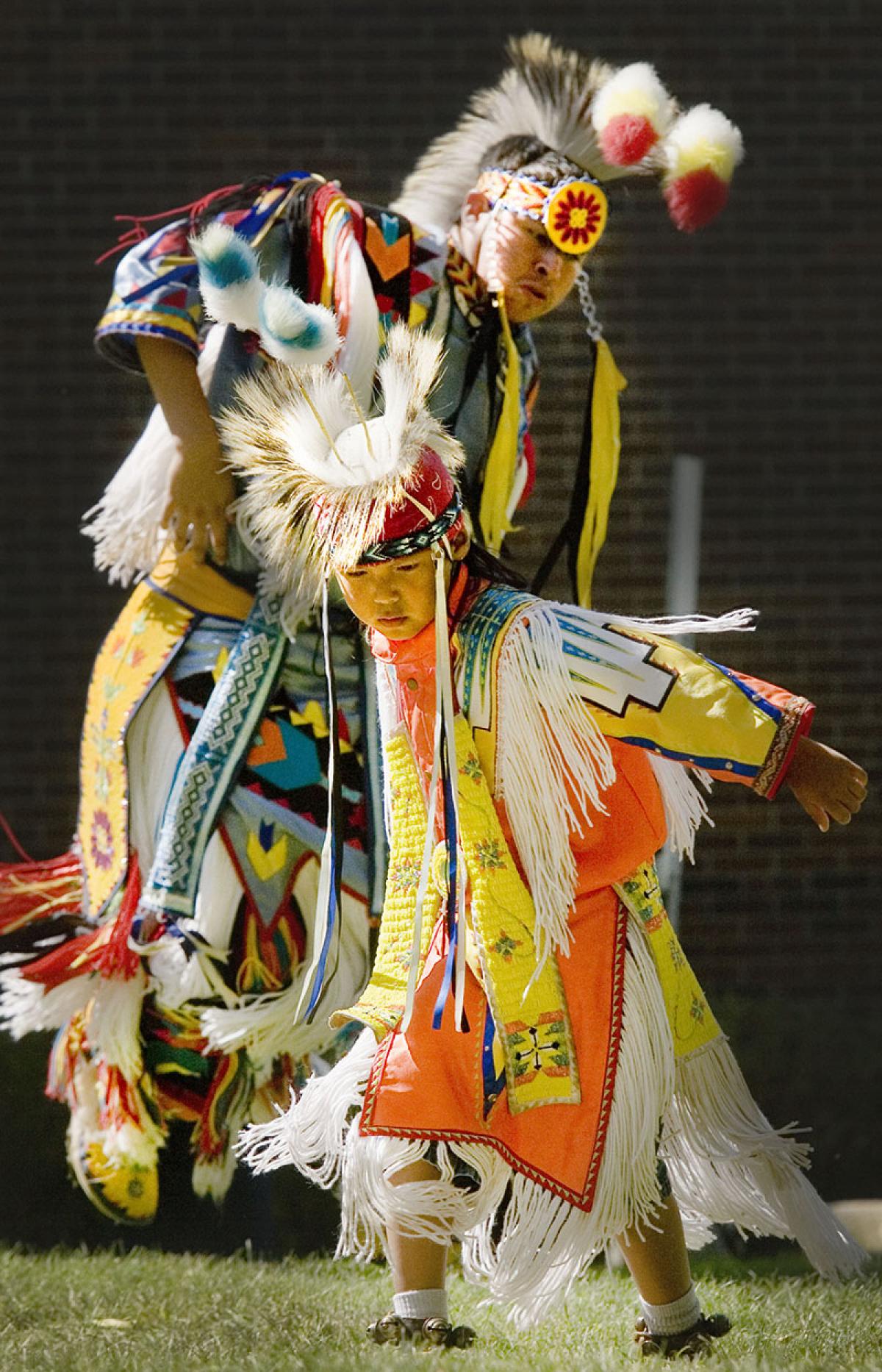
Långgatan 13, 647 30, Mariefred, Sweden
Phone: +46-159-129 00 • info@worldschildrensprize.org
© 2020 World’s Children’s Prize Foundation. All rights reserved. WORLD'S CHILDREN'S PRIZE®, the Foundation's logo, WORLD'S CHILDREN'S PRIZE FOR THE RIGHTS OF THE CHILD®, WORLD'S CHILDREN'S PARLIAMENT®, WORLD'S CHILDREN'S OMBUDSMAN®, WORLD'S CHILDREN'S PRESS CONFERENCE® and YOU ME EQUAL RIGHTS are service marks of the Foundation.



